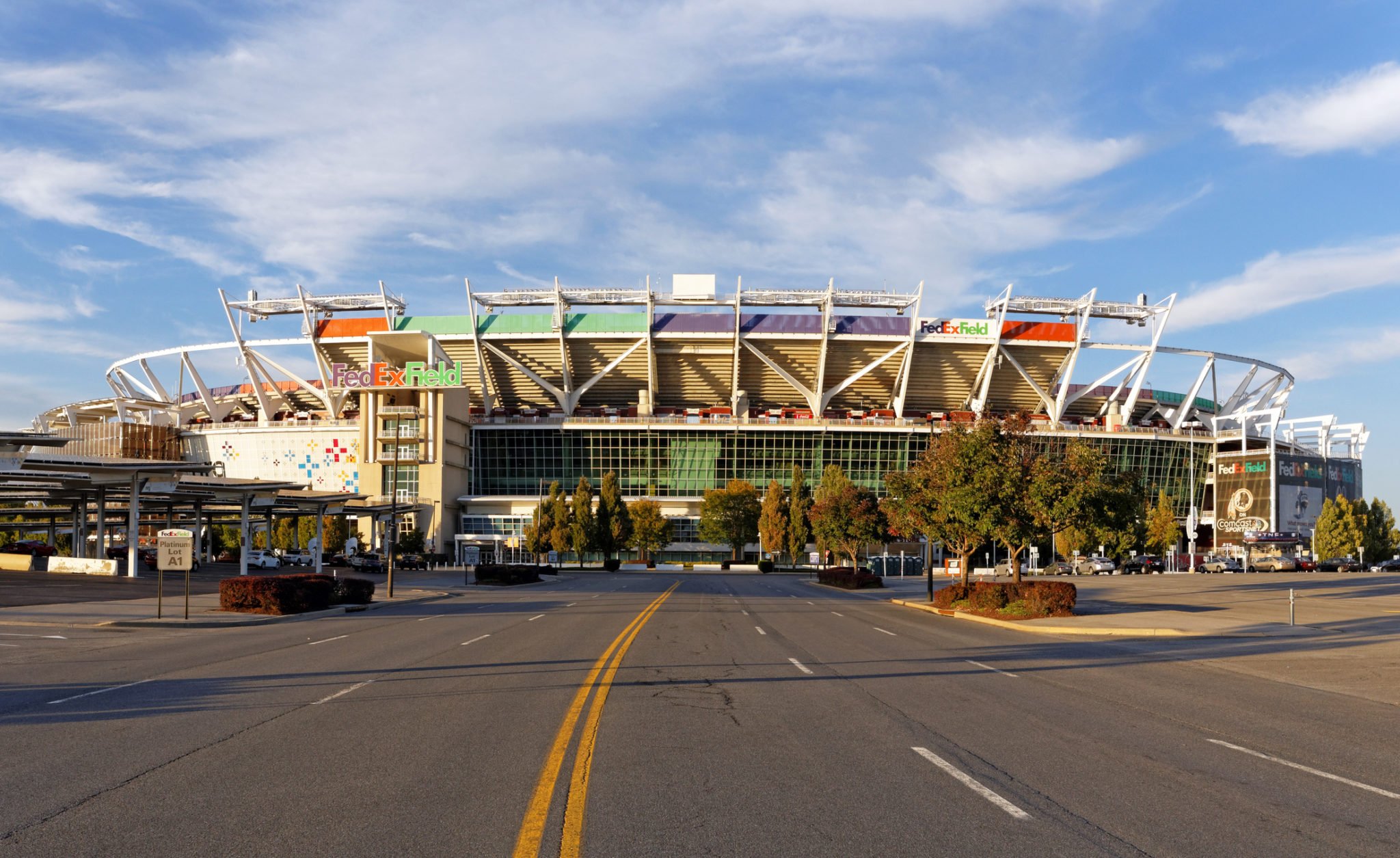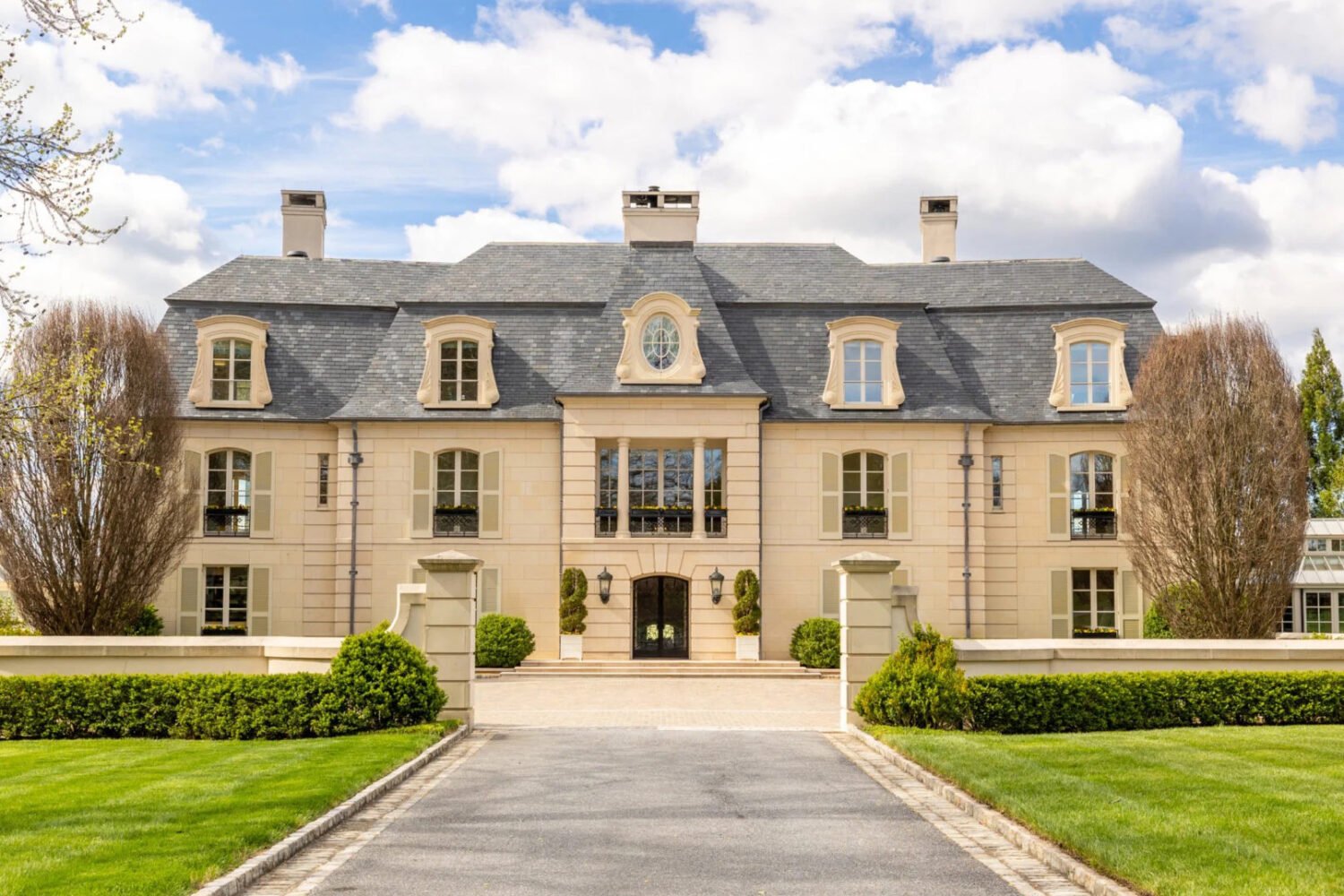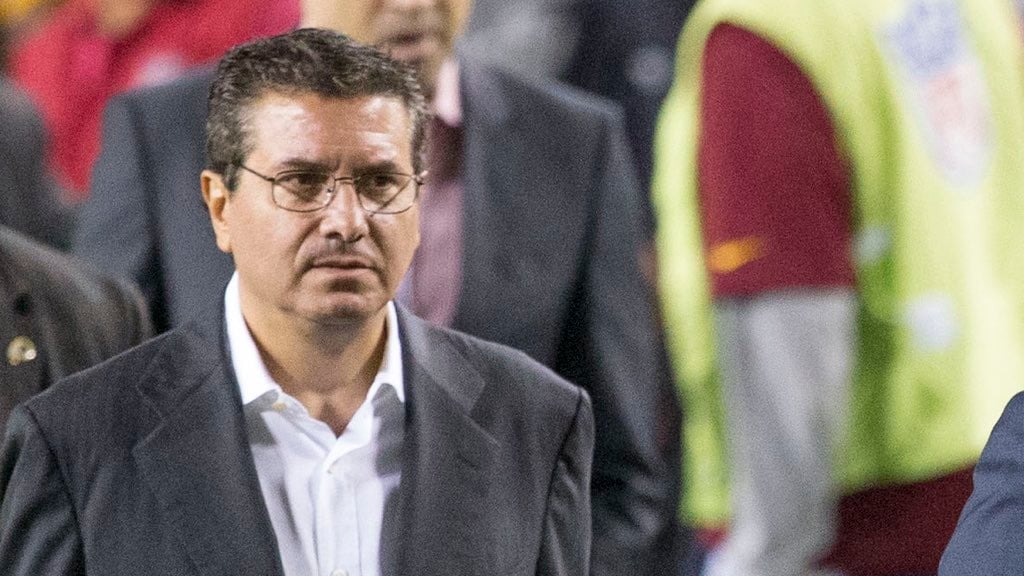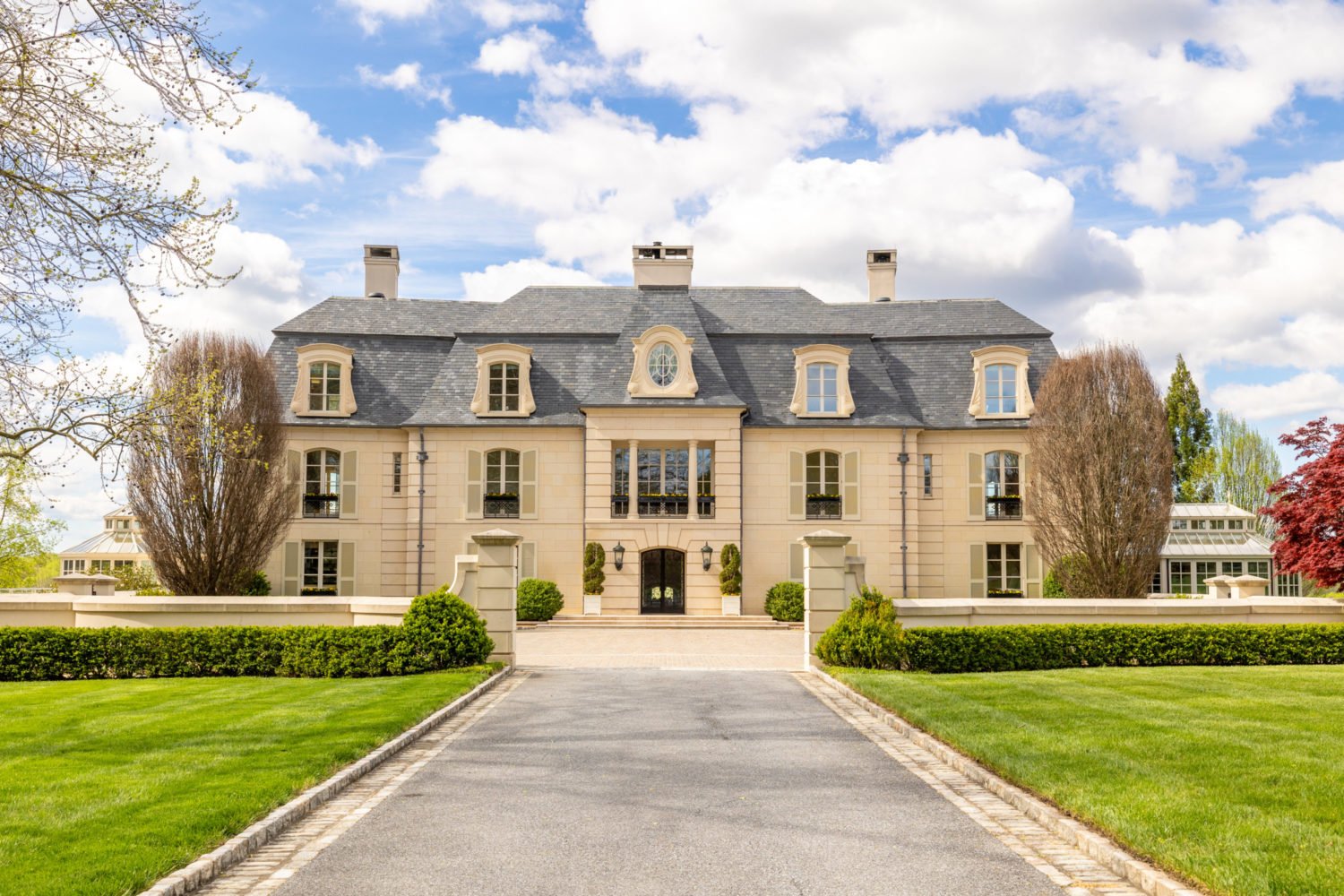For years, Native Americans and others have called on Washington’s NFL team to change its name. So what made owner Dan Snyder finally crack?
Dave Zirin covers the politics of sports for The Nation and on his blog, Edge of Sports. We chatted with him about his take on Snyder’s coming-to-light, and what the future of the franchise looks like.
There’s been some opposition to the franchise’s name for almost 100 years, but when did there start to be this large, organized call for change?
There’s been opposition to the name since the 1940s, and it stepped up with the foundation of the American Indian Movement in the 1960s. You had sit-ins and protests when the Washington team was in the Super Bowl in 1992, because they played in Minnesota, which has a decently sized Native American population.
You don’t really see it starting in earnest until the advent of social media, where a lot of Native voices were able to be heard that in the past had been dutifully ignored by Dan Snyder, by the team itself and by the Washington community, which has a very minute Native American population. These voices were muted locally and were ignored at the corporate level; social media allowed them to break through.
Why did this change take so long, when it seems like it would be a good business practice to amend it?
It has everything to do with the owner of the franchise, Dan Snyder. He’s incredibly stubborn, he’s belligerent, and he’s taken it as a point of pride that he would not change the name. I mean, he said to USA Today the team would “never change the name. … It’s that simple.” That’s been his approach to the name for as long as he’s been an owner of the franchise, and it’s been the hill he’s prepared to die on. He wouldn’t even meet with Native American leaders and activists who wanted to speak with him about why the name was harmful.
His argument [for keeping the name] has been about the way his father introduced him to the team and the times they had together growing up. The idea that that would be tainted by racism was something he was unwilling to accept.
So why has he accepted it now? As you’ve said, he’s been obstinate in keeping the name, even when it seemed to clearly hurt his numbers in terms of fan turnout and revenue. What about this moment is the straw that broke the camel’s back?
I think a lot of the analysis of “why now” has given short shrift to some very important sources. The general argument out there is that the name is finally changing because of corporate pressure. That it’s because Nike is refusing to sell their products now, or because the team’s most visible corporate sponsor, FedEx, called for the name change. And I’ve heard that behind the scenes, NFL Commissioner Roger Goodell has been trying to push Snyder in this direction.
While there’s pressure coming from these corporate and business forces, you can’t change the fact that this is happening for two reasons. One: We’ve just had this national uprising against racism that has dramatically affected the corporate mindset. Corporations are trying to figure out how they won’t be seen as an enemy to a generation that is more diverse, statistically more left wing, and less tolerant of intolerance. These corporations want to be on the right side of the protests, or on what they see as the profitable side of the protests. What they see is the future.
Two: The only reason that in people’s minds a movement against police brutality also becomes a movement against a racist team name is because of decades of work by Native American activists, who were making sure that the name and the debate were in the public atmosphere.
It sounds like, try as he might, Snyder can’t ignore that this is simply good business strategy to attract younger fans to bolster a failing franchise.
There’s an old expression that being an NFL franchise owner is like being a bartender at spring break: you’re gonna make money no matter what. You don’t have to be that good at it. While Dan Snyder has made a lot of money as an NFL owner, his team is looked at as a drag on the rest of the league. It has the worst stadium, it’s been mediocre at best over his tenure, it’s embarrassing. This is a team that once prided itself on having years of consecutive sellouts that’s now an empty shell of itself come Sunday. The pressure is there; Dan Snyder has become bad for business.
But how much do you think just changing the name will bring that new, young fan base? I’m a Chicago fan at heart but I like rooting for the hometown team. Even now that the racist name is gone, it still feels like a big commitment to schlep out to Landover for game day; it just doesn’t feel like something that’s that tied into the culture of the city.
If anybody who grew up in DC in the ’80s and ’90s had gotten in a time machine and heard a Washingtonian reporter say. “DC doesn’t have a football culture,” they would have fainted on the spot. But you’re absolutely right. It’s remarkable how much it’s changed; this used to be a football town more than any other city in the United States. That shift is partly attributable to Snyder, partly attributable to the move from RFK Stadium out to Landover, and it’s certainly attributable to the name and young generations of people in DC who don’t want to root for this team.
By changing the name, it opens the door to get a stadium in DC; the DC Council and the mayor have made that very clear. Having a centralized stadium in the city is going to make a big difference in terms of fan support. What a lot of people are hoping is that by changing the name, Dan Snyder loosens his grip on the franchise, which would create more space for actual football people who can move the franchise in the right direction.
Maybe it’s just my personal circle and Twitter algorithm, but I’ve been surprised at how little outcry I’ve seen against the name change. What have you seen from the old-guard fans?
I’ve seen an unwillingness to defend the indefensible. I’ve been looking at blogs, I’ve been talking to folks, I’ve been trying to get a feel for what’s out there, and most people are either resigned that this needs to happen, or they’re excited that it is happening. [Most fans] aren’t racists who are waving a Confederate flag on Saturday and go into a game on Sunday. They’re people who were willing to mentally disassociate the racism from how they felt about the team and its history. But then [Native] voices started to come out, and Dan Snyder became so belligerent about not changing it in response. Coupled with the team’s ineptitude, I think it was a brew that poisoned people from the franchise. I’ve spoken to a lot of people who have said, “Yay! Now I get to root for the team again.”
Changing the name is a huge step in making things right with Native communities, but how does the team now deal with its legacy of racism? What are they going to do on throwback jersey day? What should they do about the fight song that used to reference Dixie? How do you acknowledge the decades of injury?
One of the things that Dan Snyder tried in June was the approach of full eraser: getting rid of all the exhibits to the original franchise owner, George Preston Marshall, who named the team and who was an open white supremacist and made DC the last team to integrate in the NFL. I think the the right response is to have some sort of exhibit at the stadium itself to try to actually educate fans on the tradition of the team. Don’t do throwback jersey day, change the fight song, but be open and honest about that history.
This interview has been edited and condensed.


















